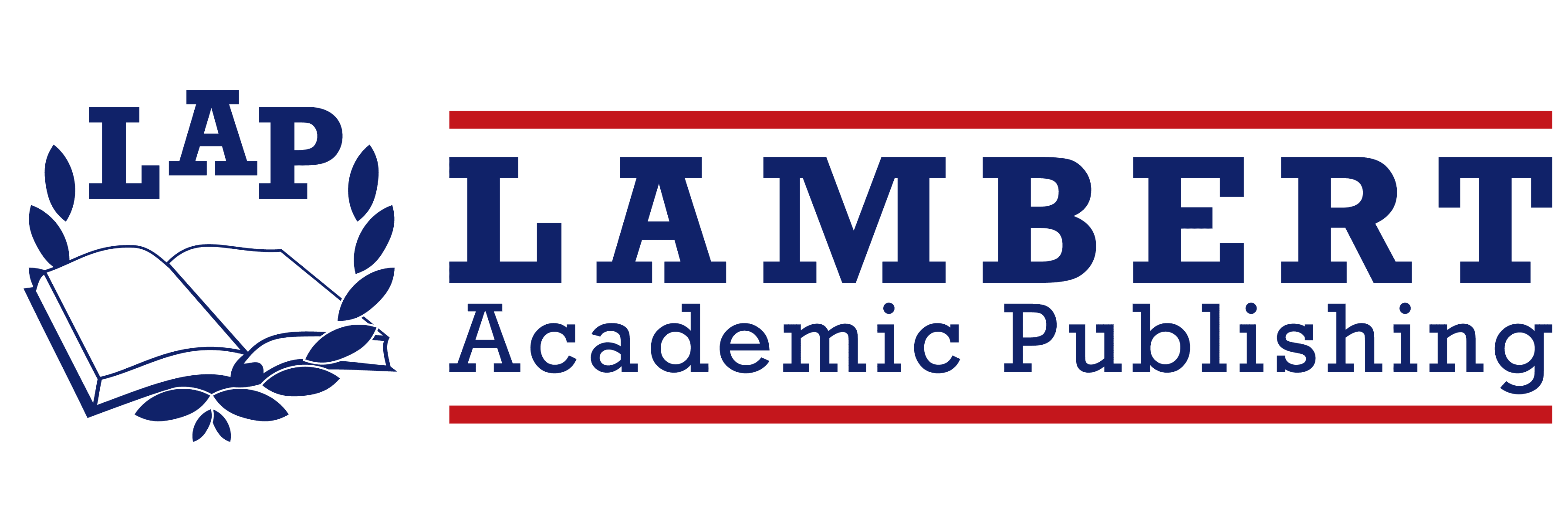Publish Your Research as a Book
It’s free and easy with LAMBERT Academic Publishing
- Zero fees for authors
- 12% royalty payments
- Distribution in 60 countries
Explore Our Diverse Academic Collection
From Cutting-Edge Research to Essential Textbooks
We take pride in presenting a wide range of academic works spanning numerous disciplines. From sociology to quantum physics, art history to economics, our catalog reflects the richness and diversity of contemporary university research.
Whether you’re a student, researcher, or knowledge enthusiast, you’ll certainly find titles that pique your curiosity and deepen your understanding.

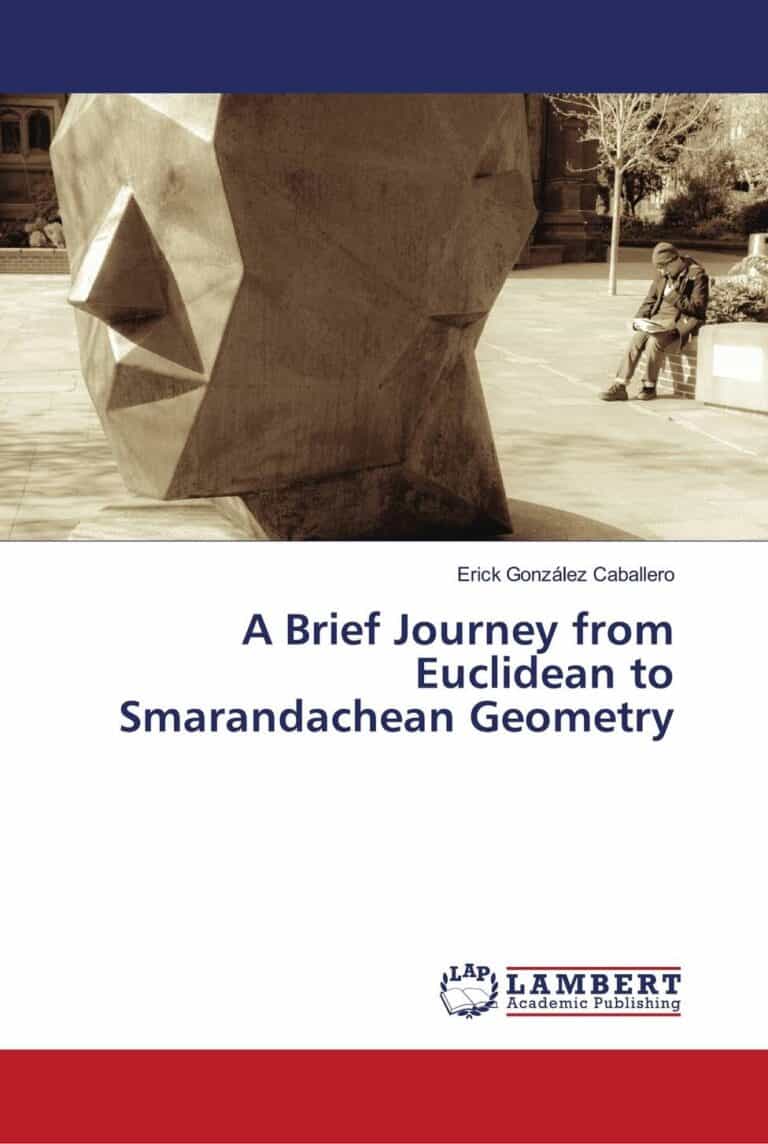

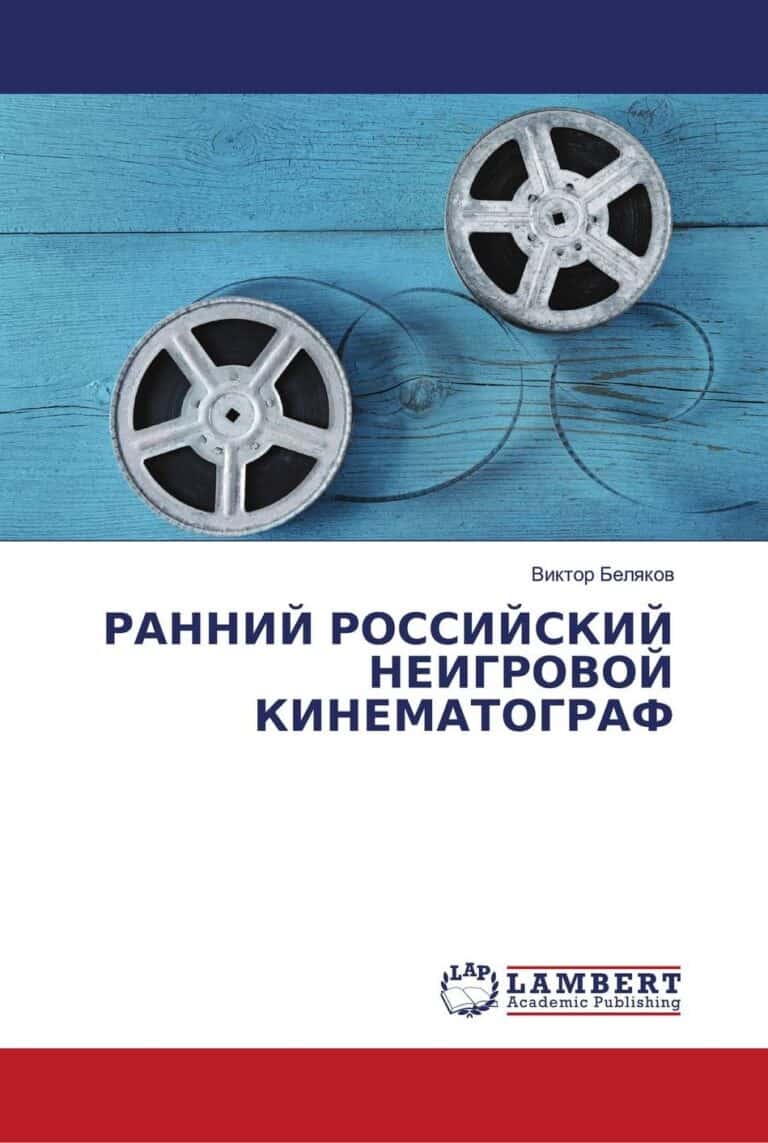
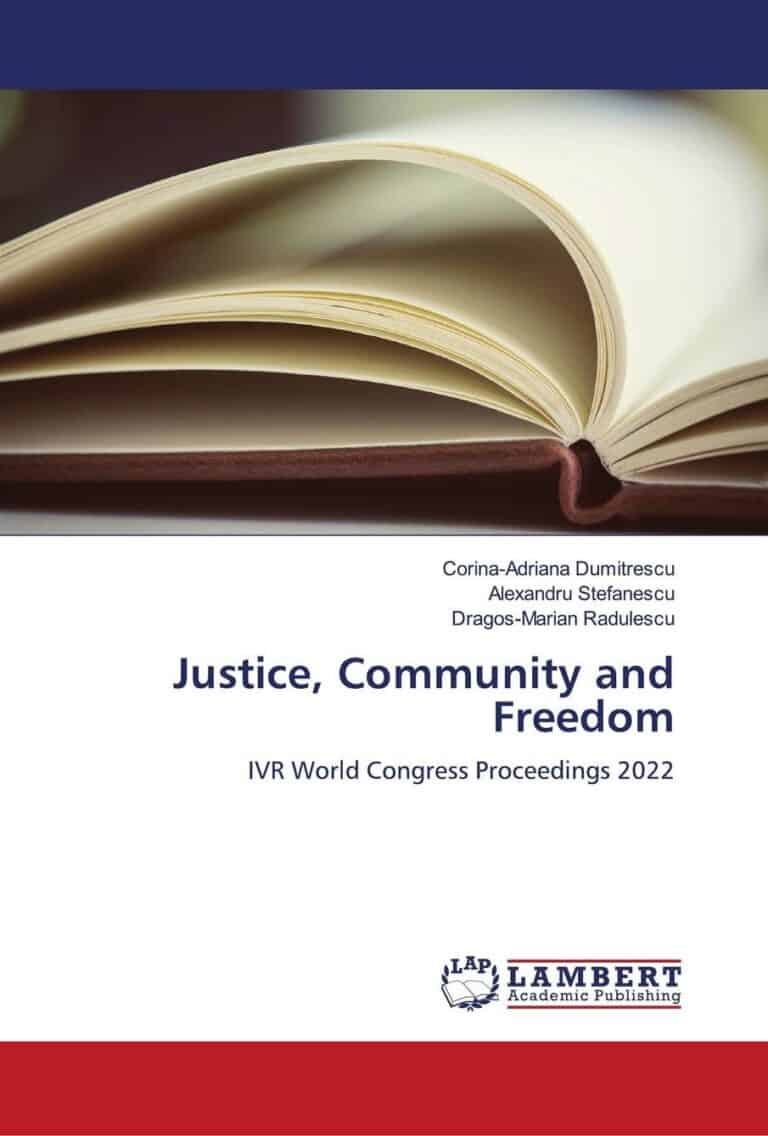
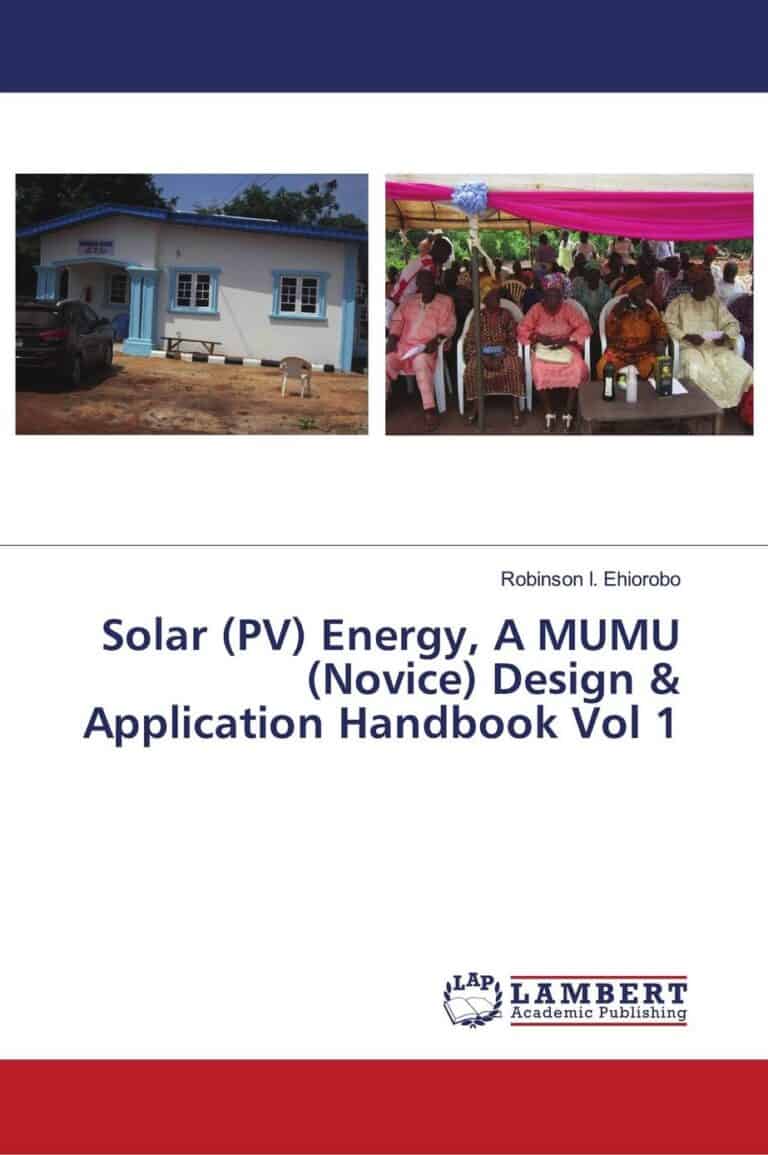
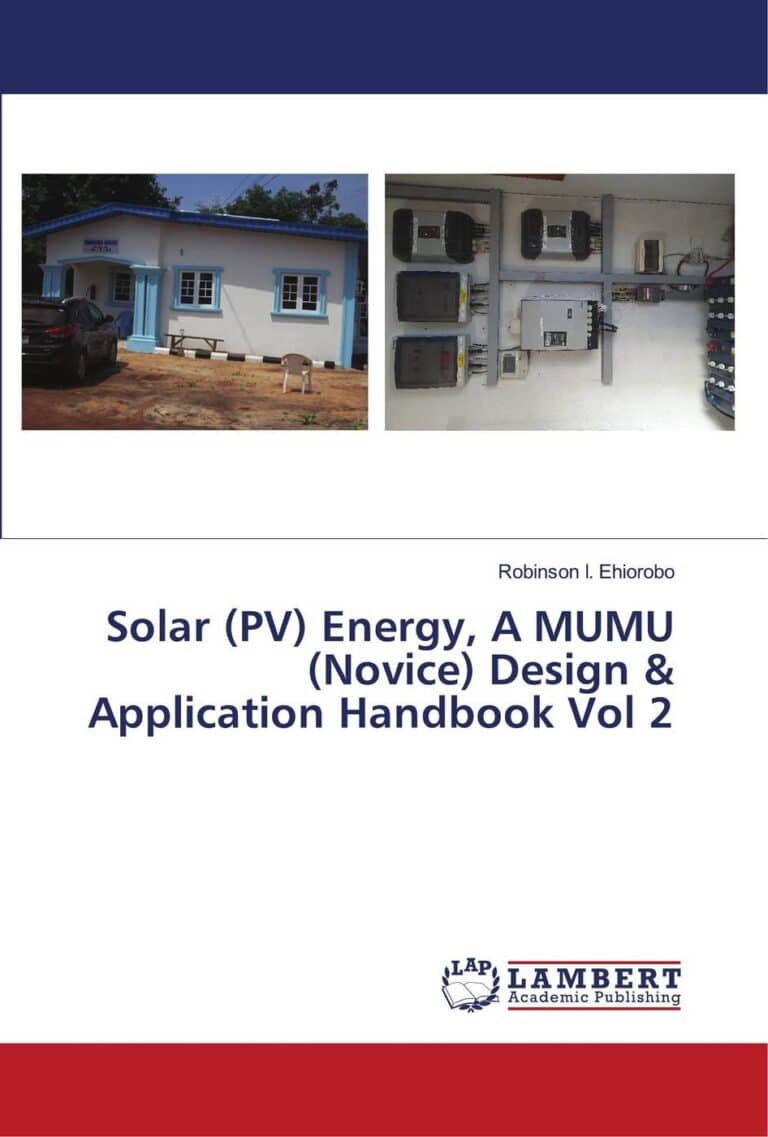

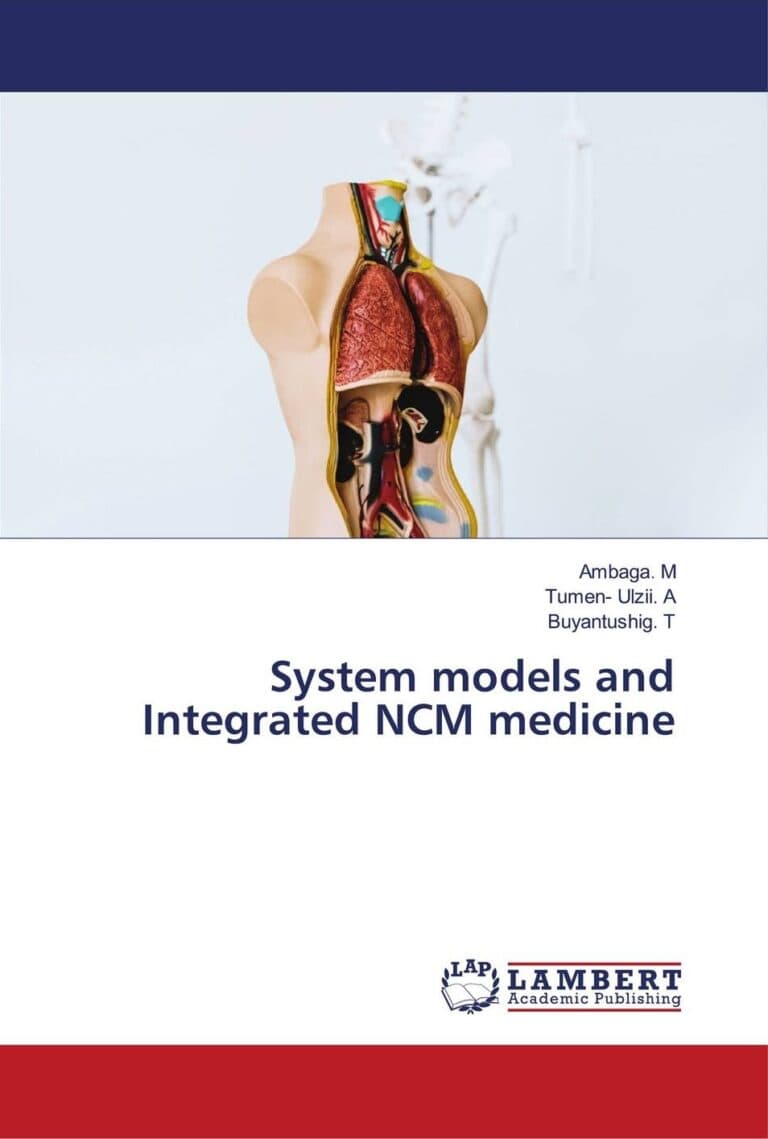
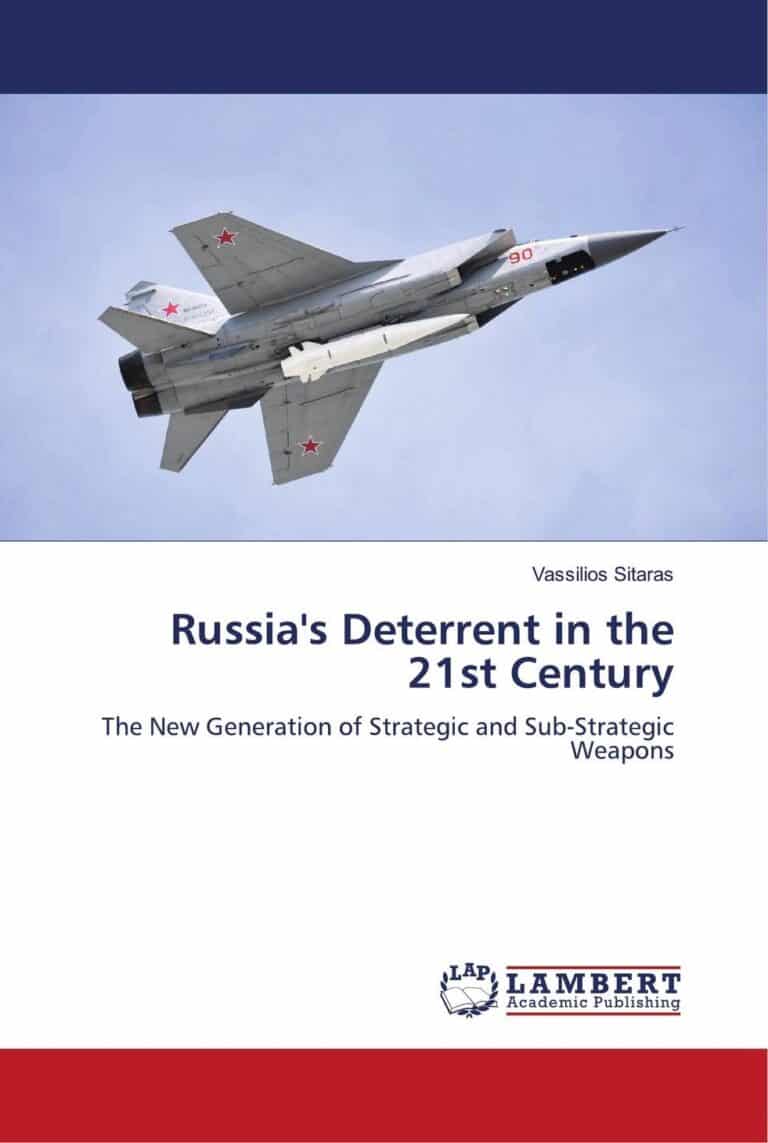
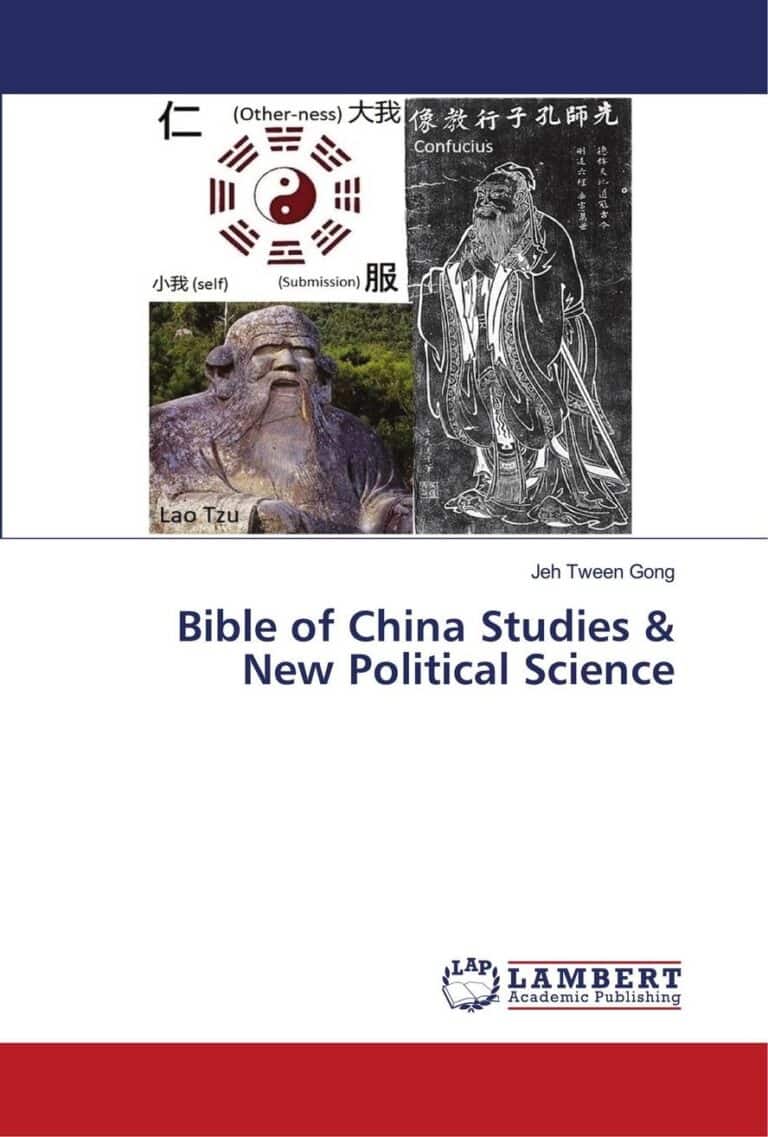
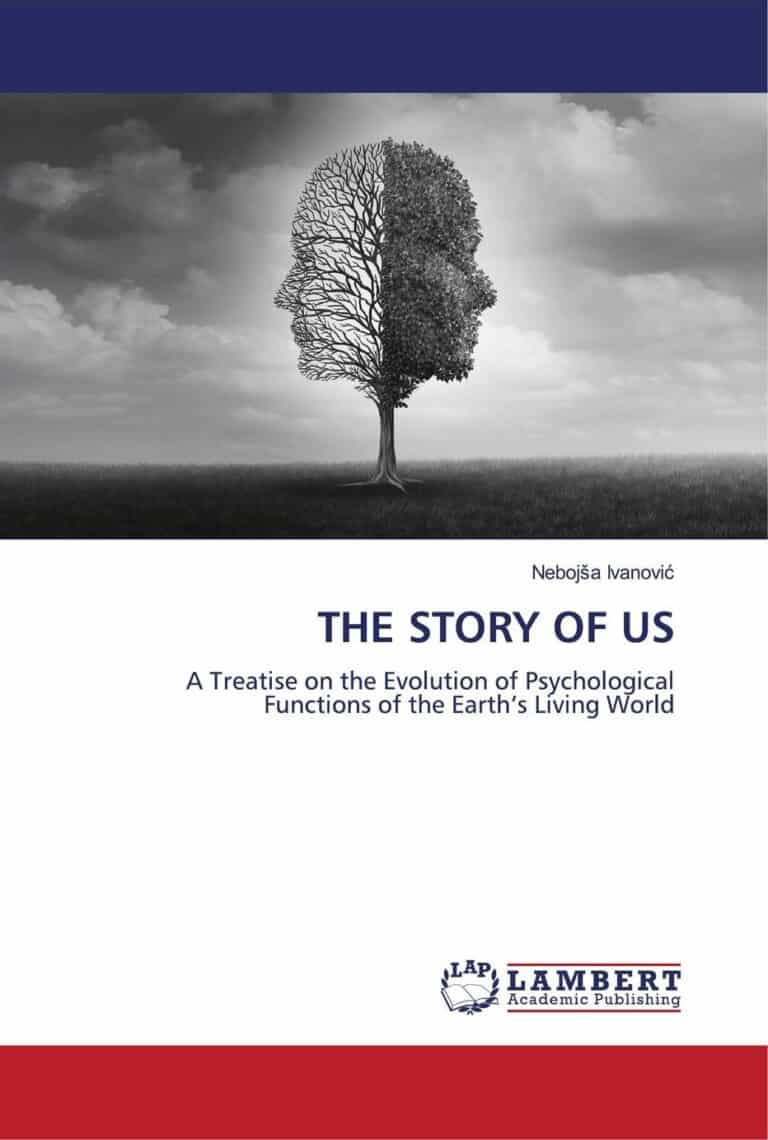
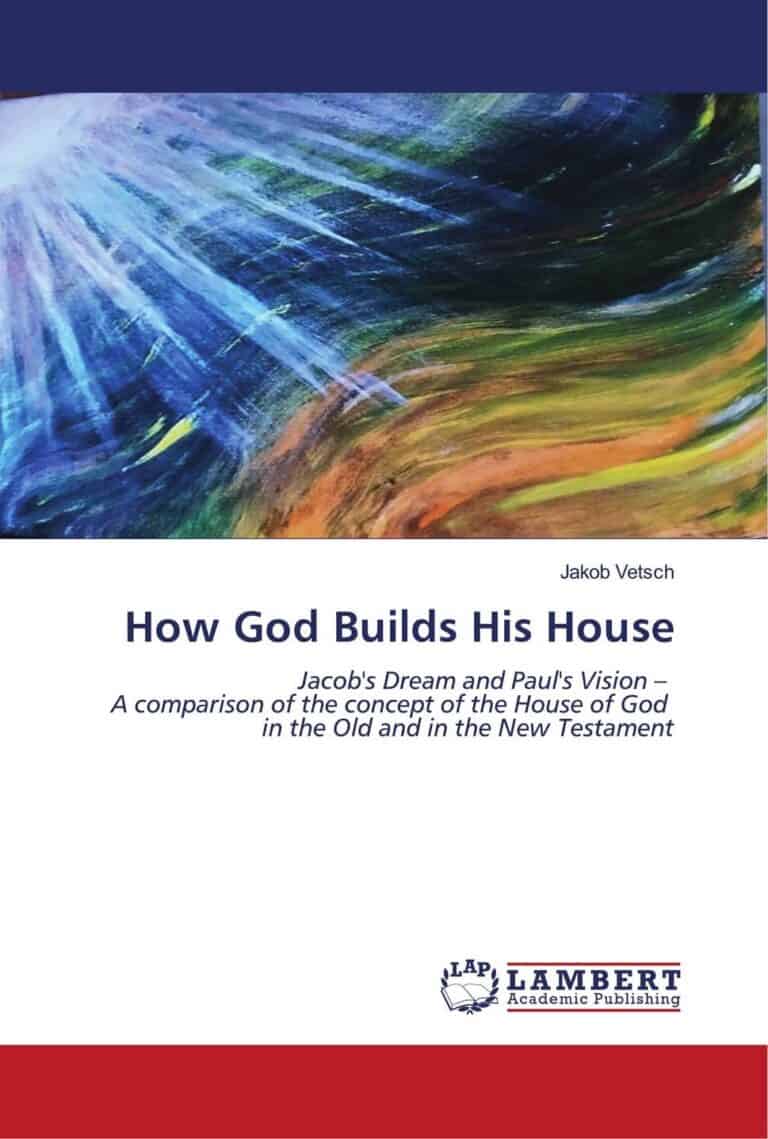

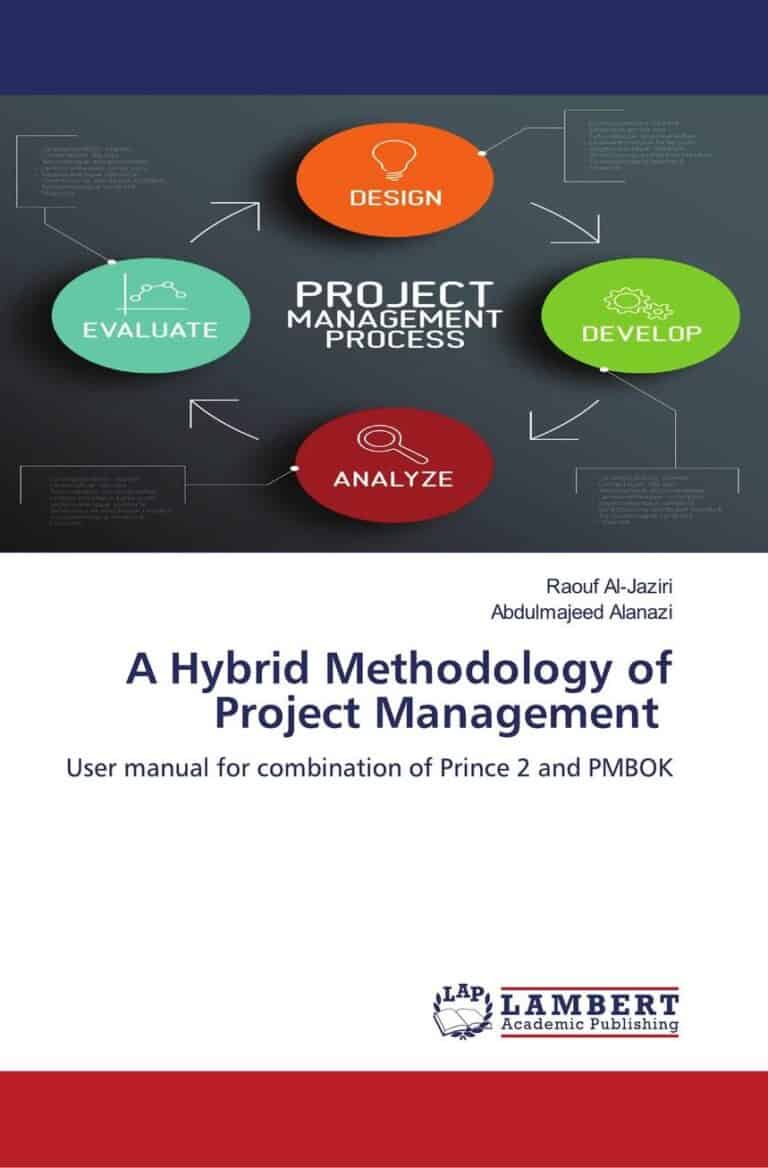
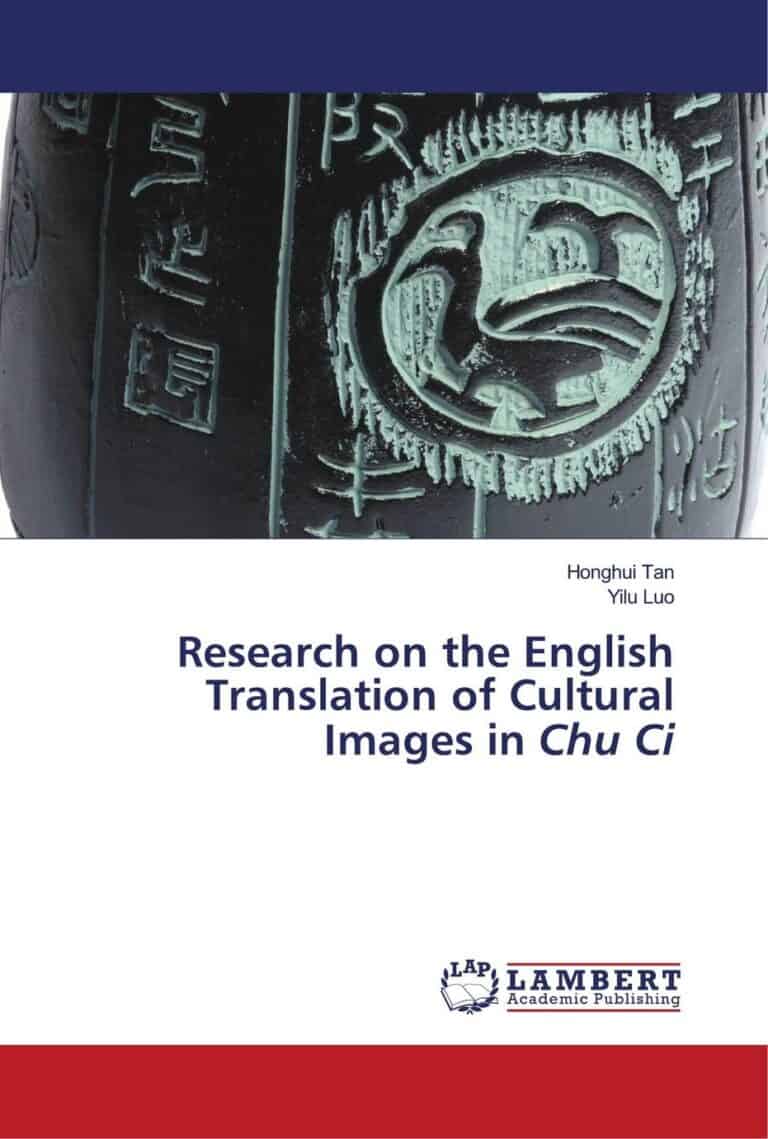
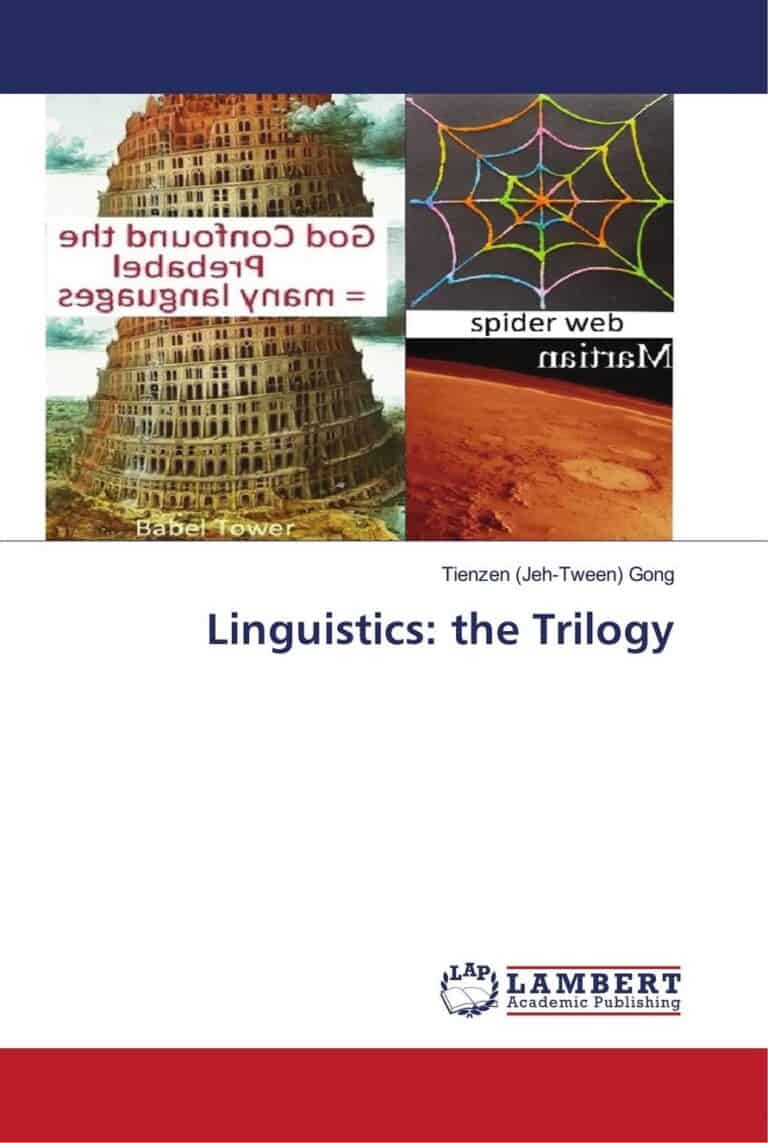
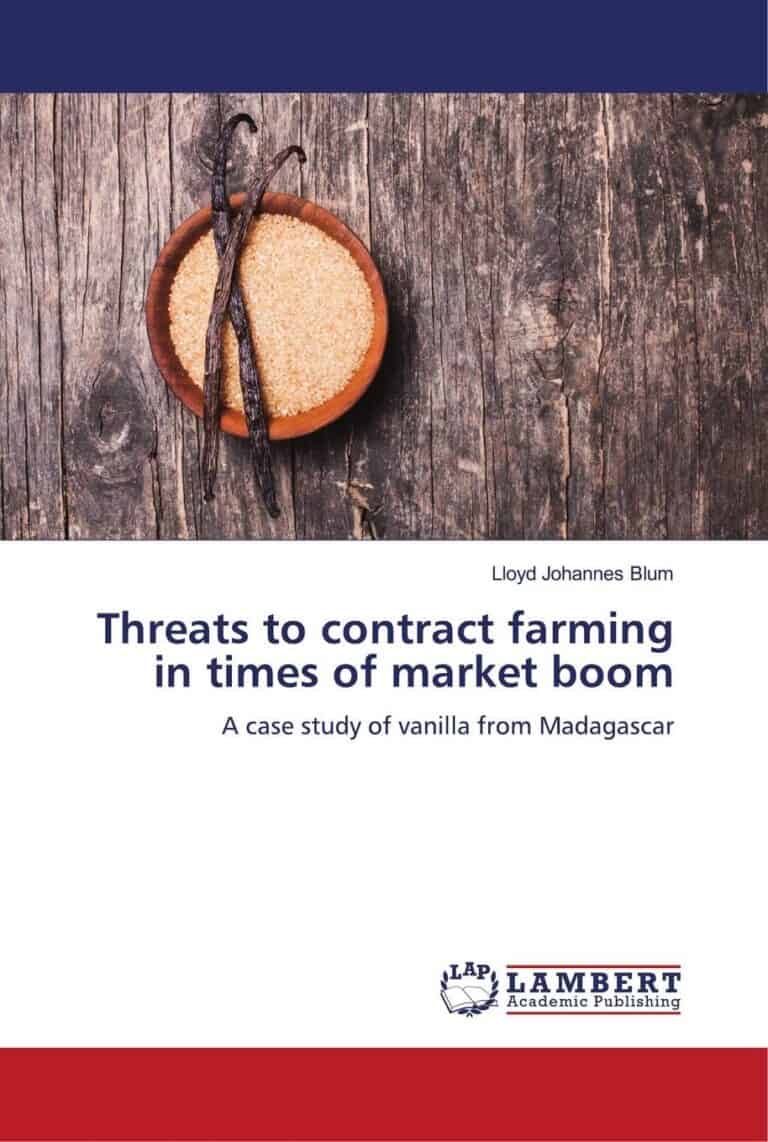
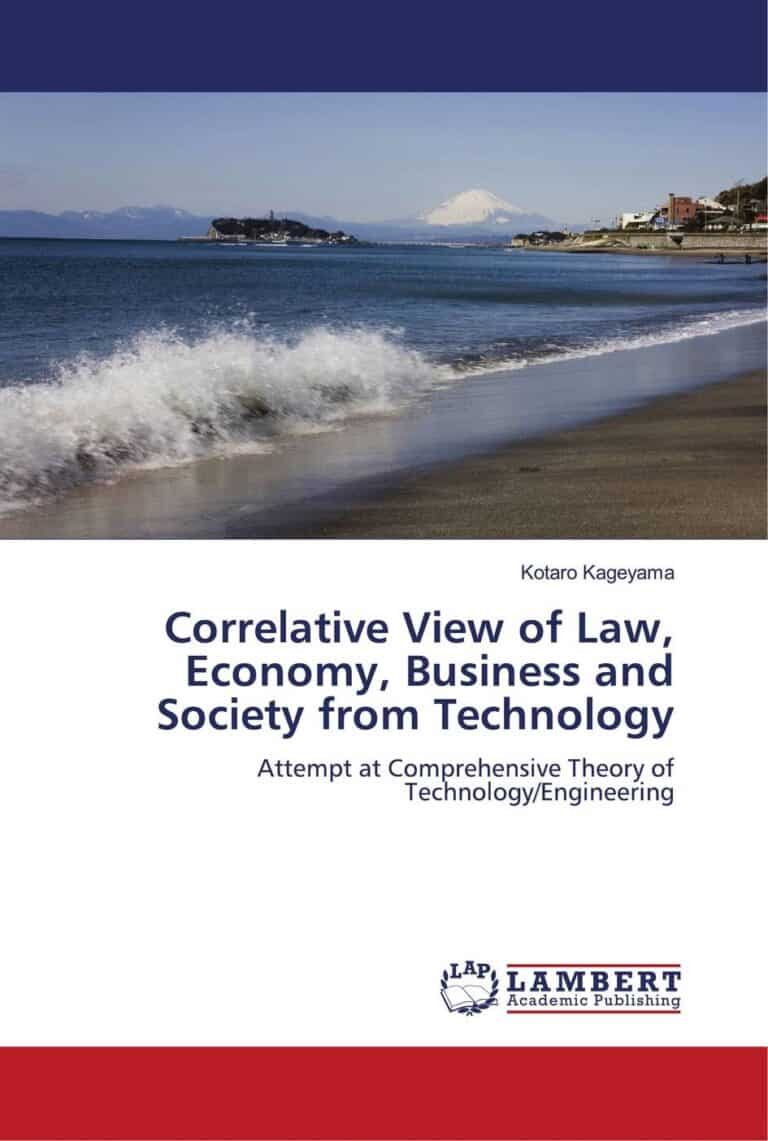







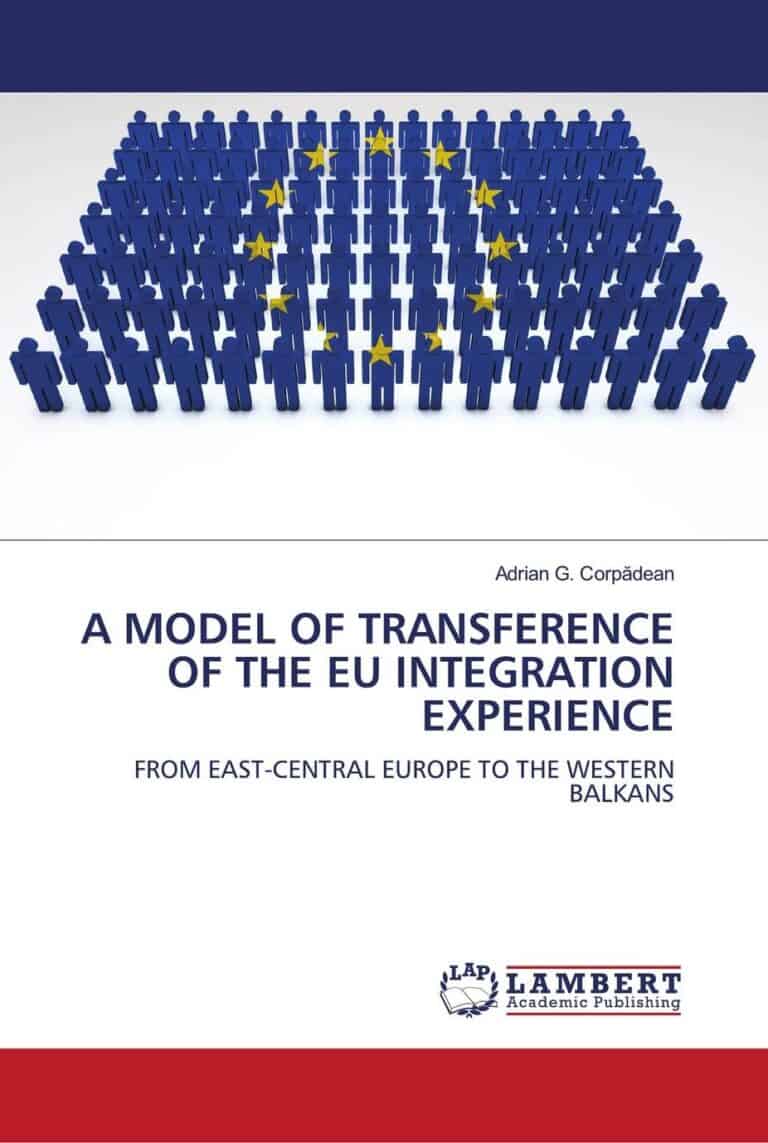
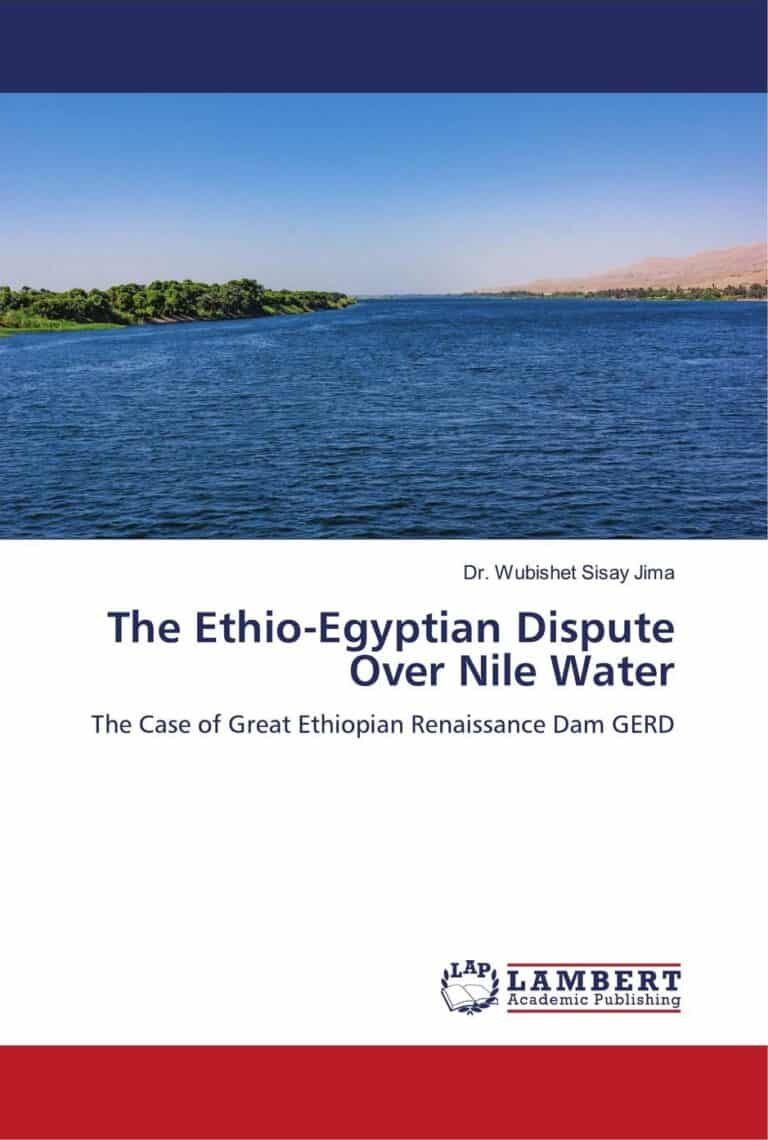
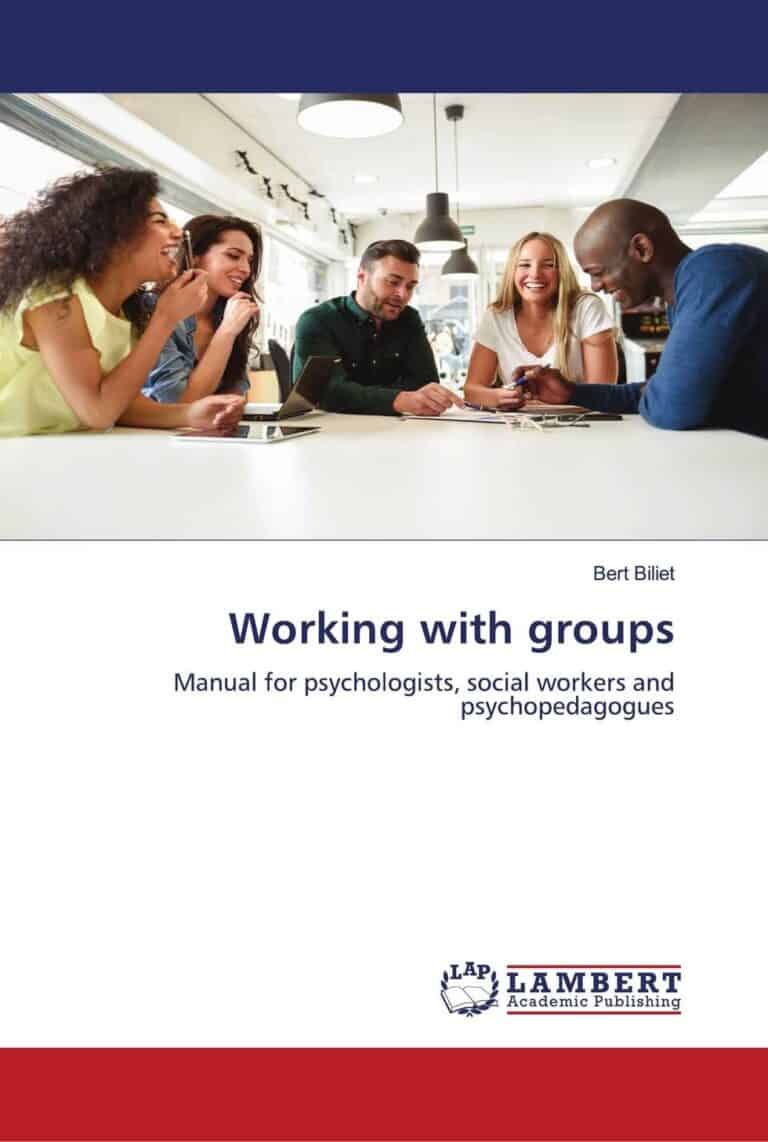
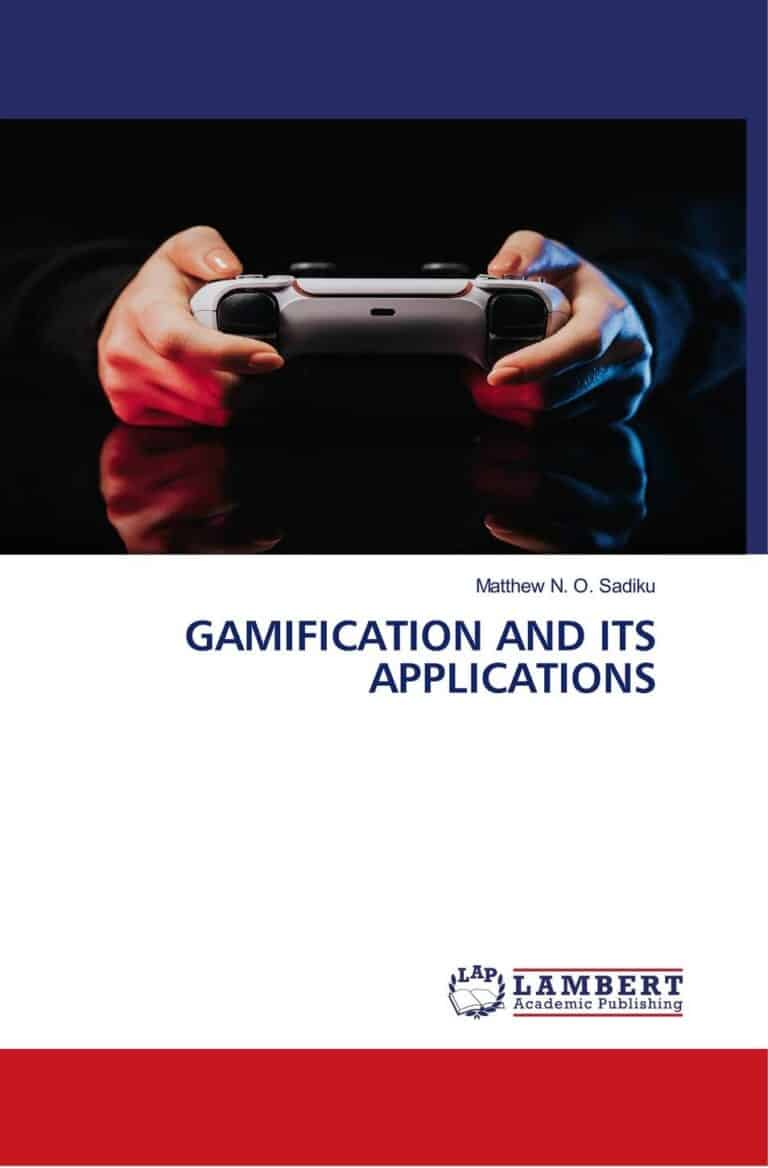
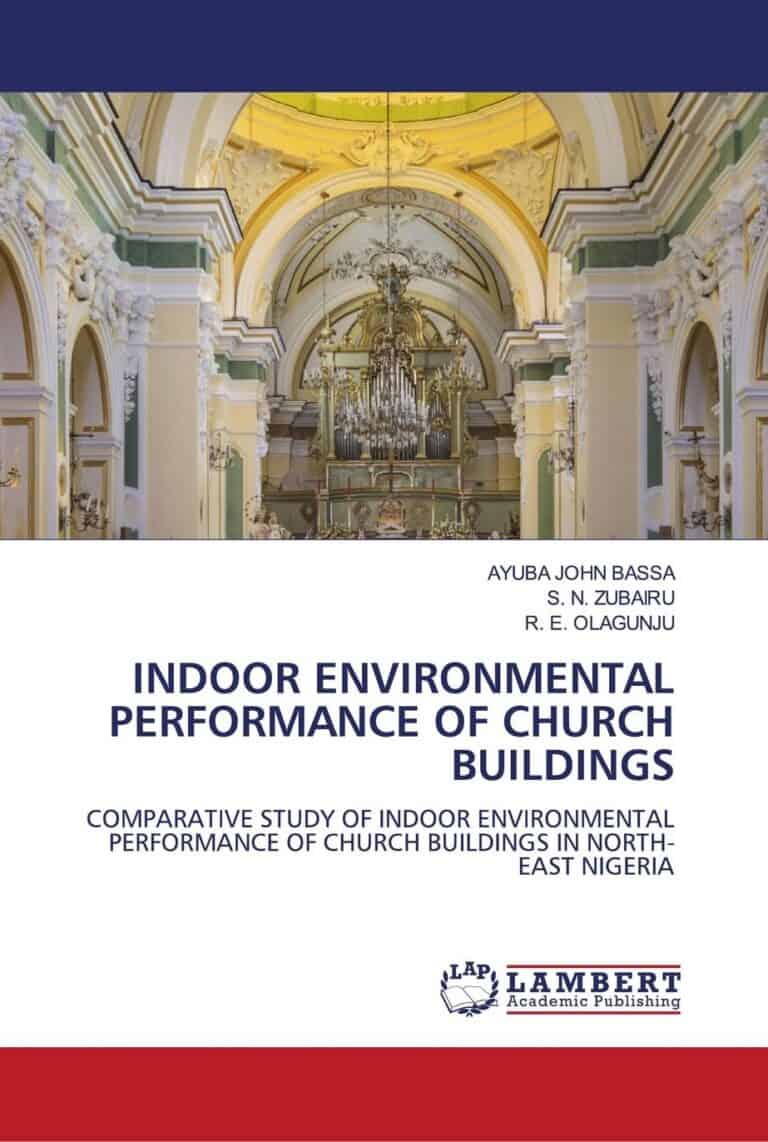
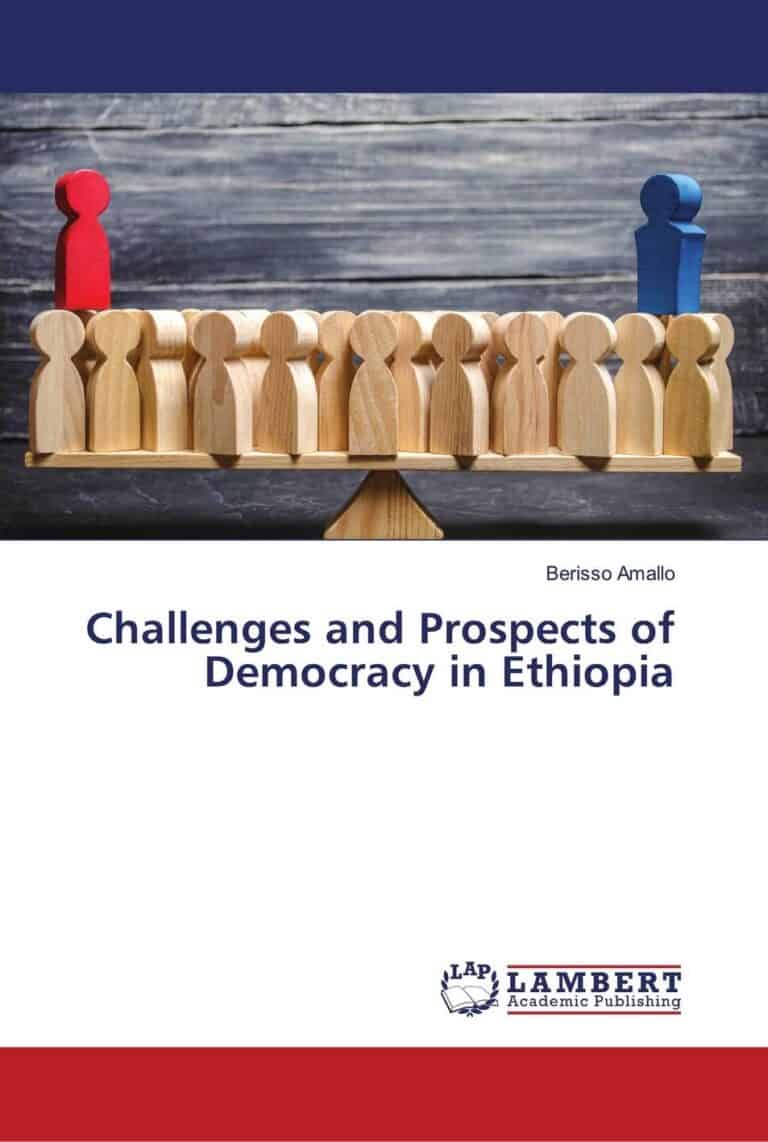
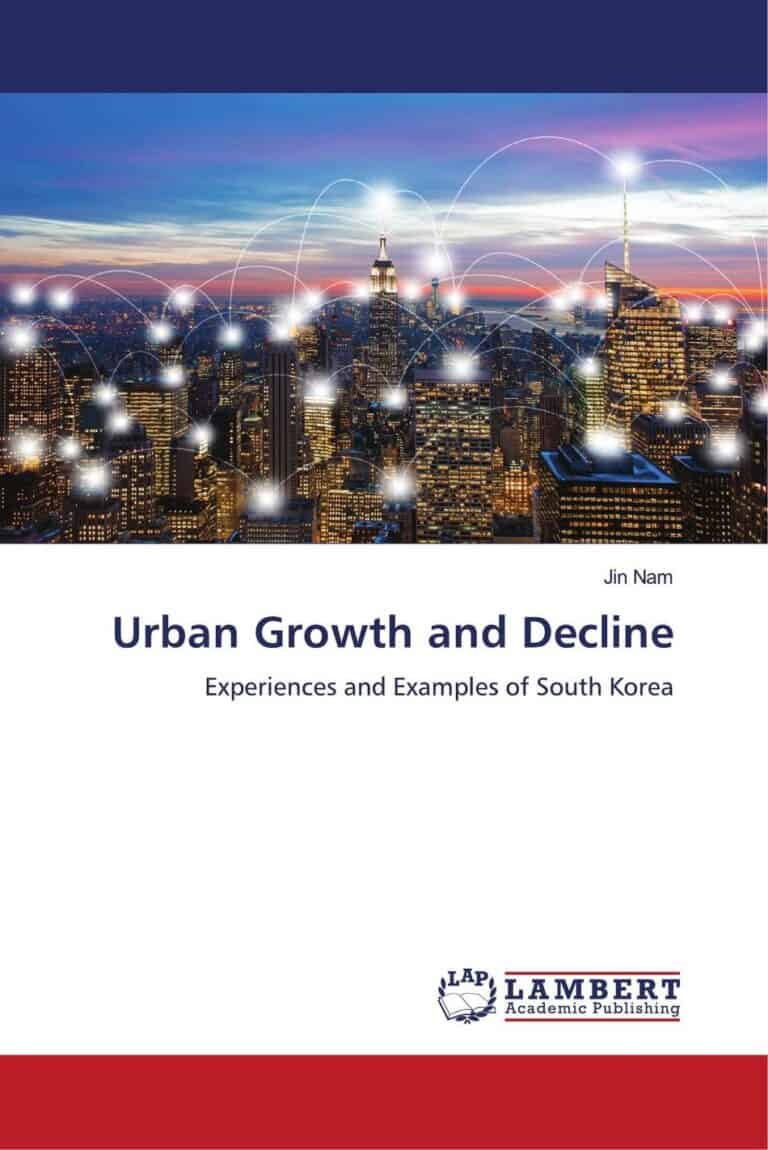

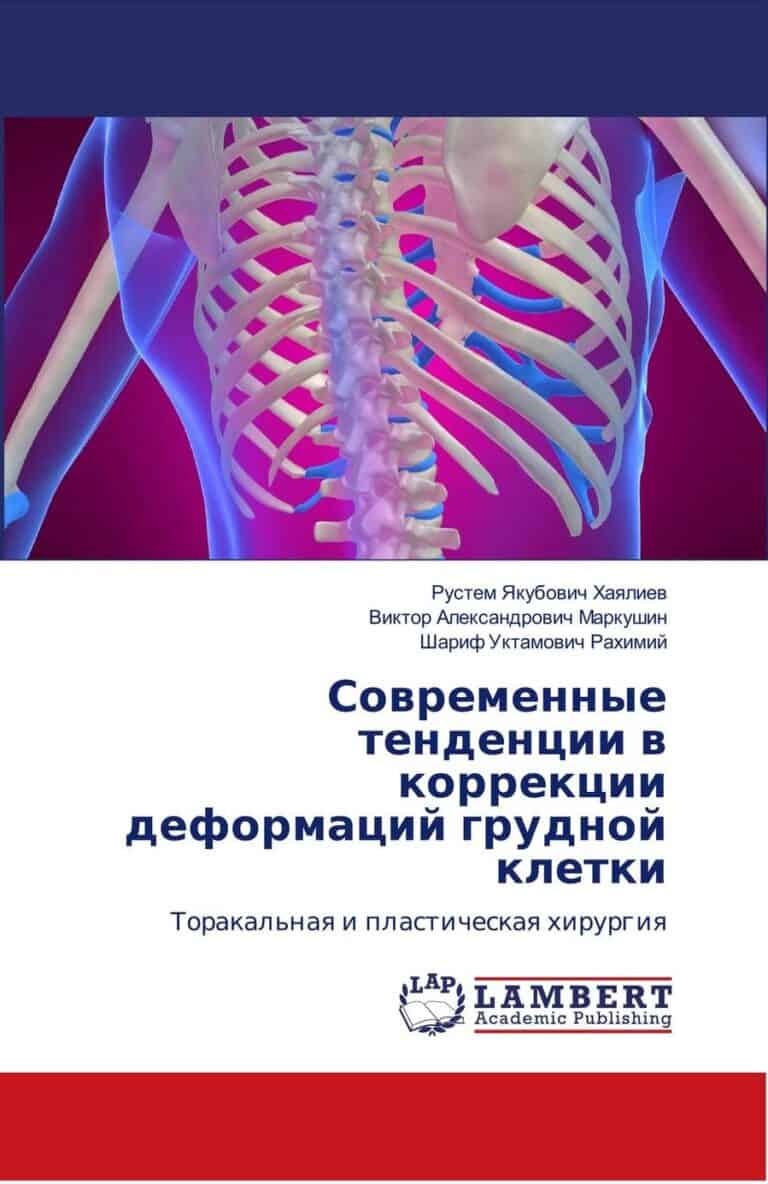


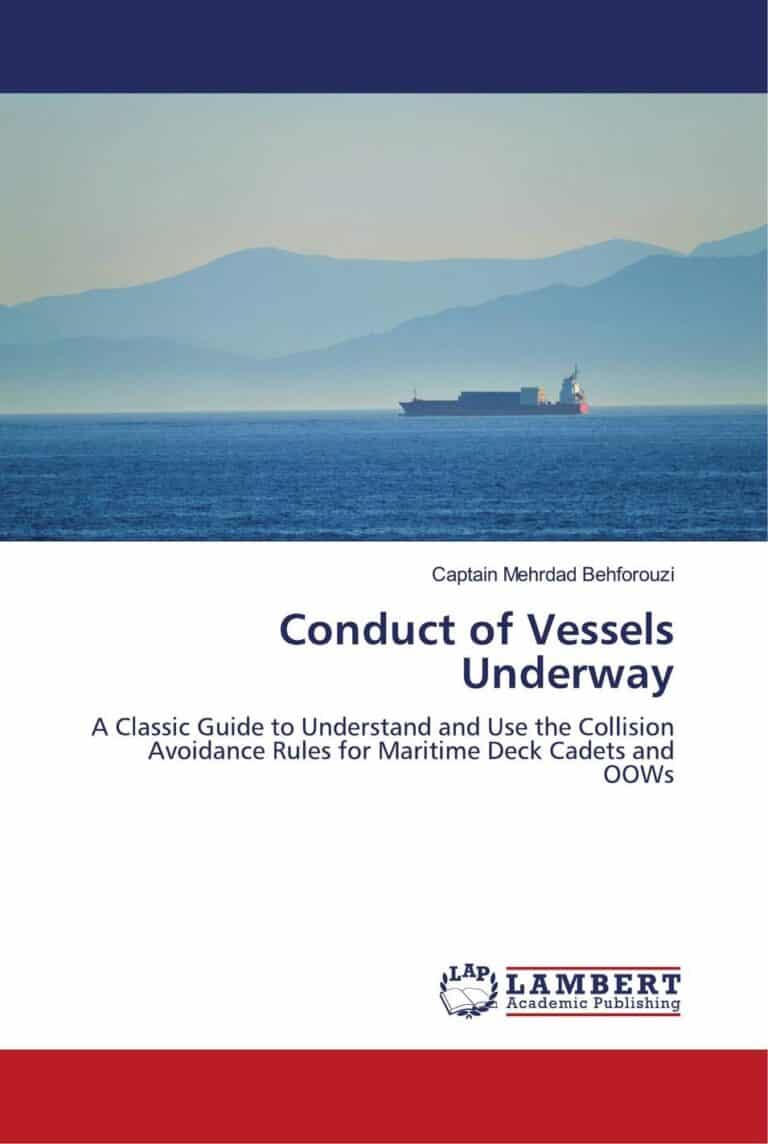


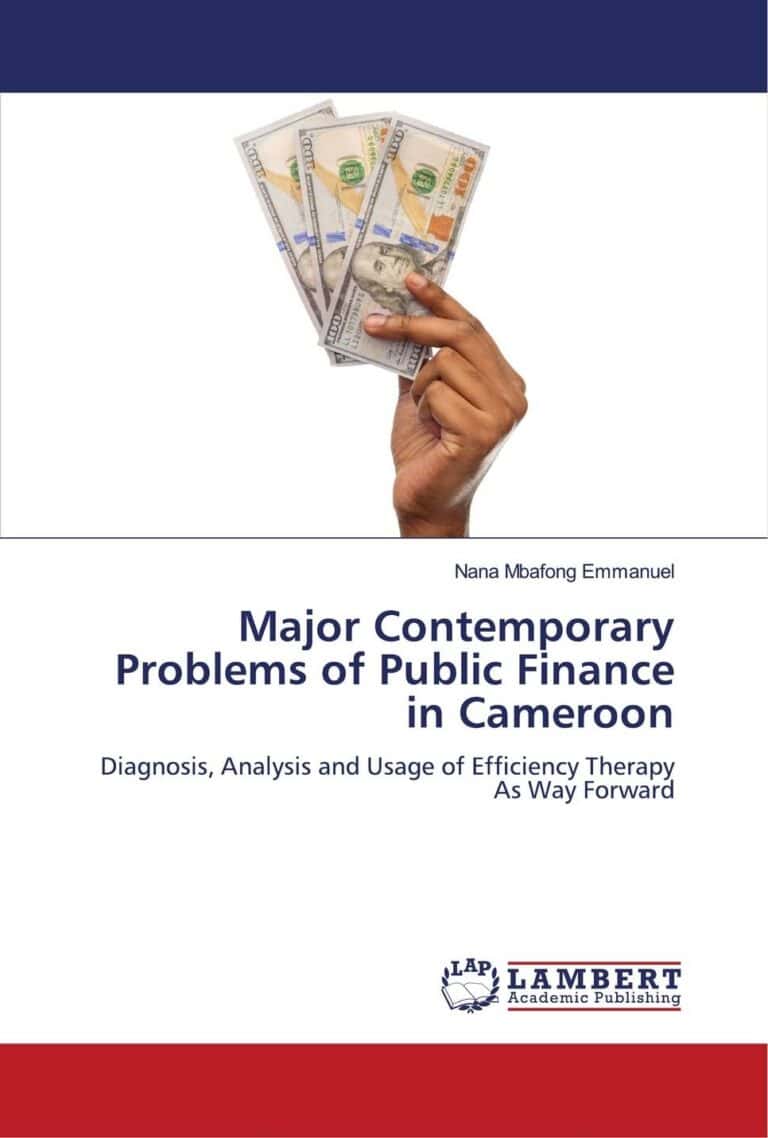
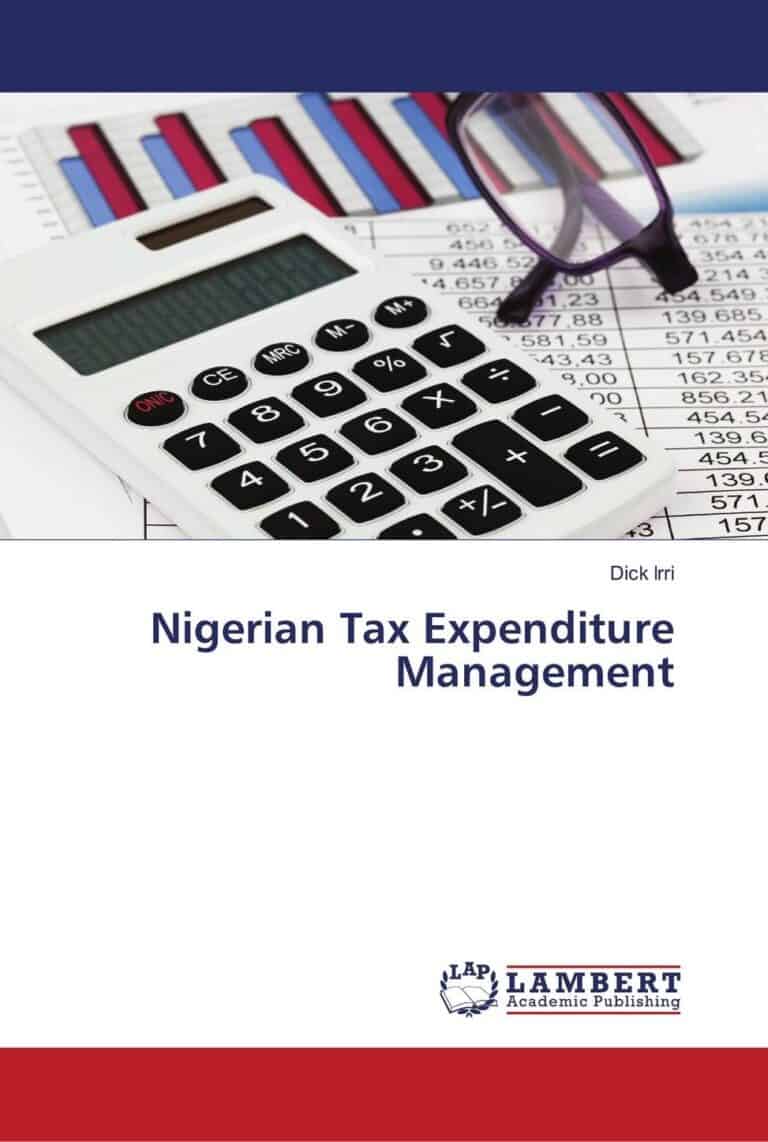


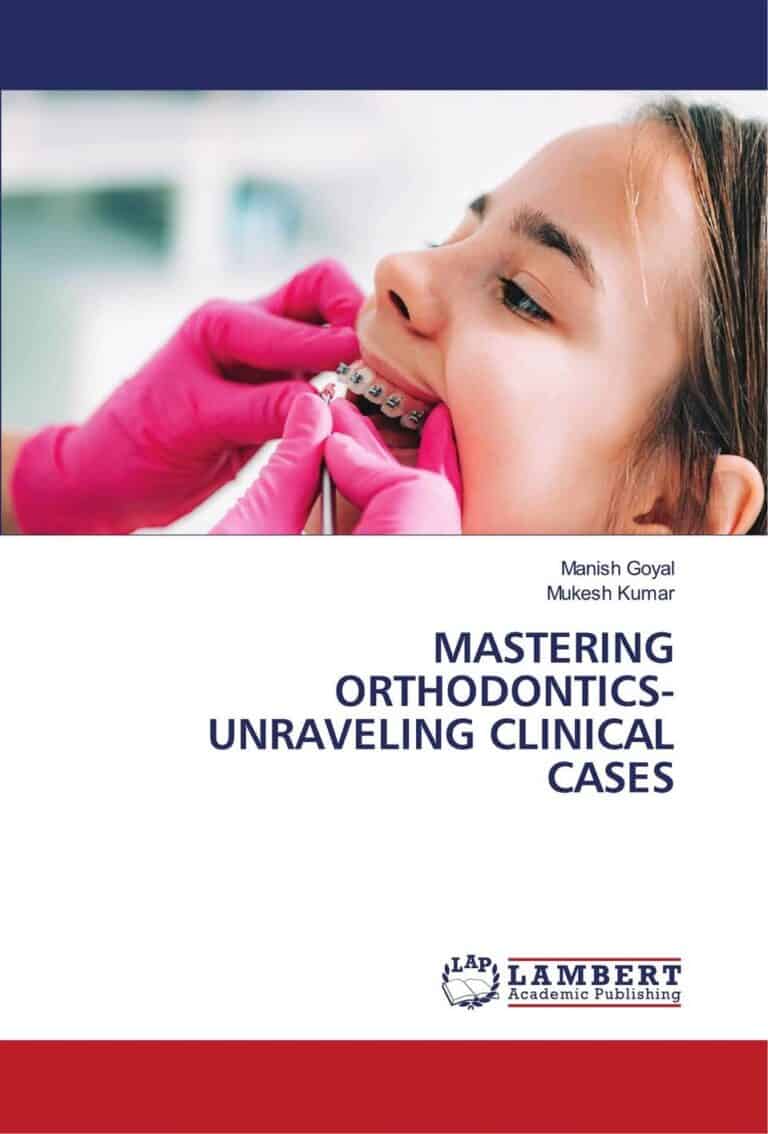
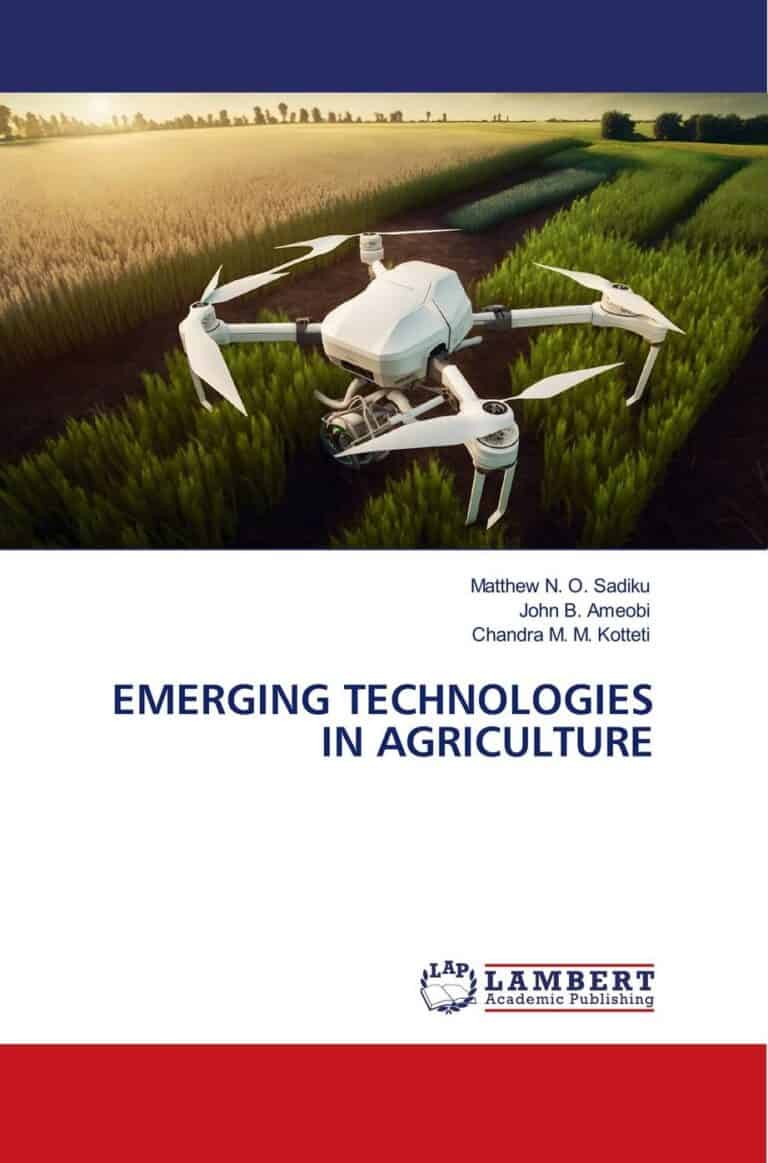











* This video was originally produced in German language. Click on “CC” to set subtitles to English.
Become a Published Author with Us
Our online publishing company offers a quick and easy way to become a published author for everyone.
Publish your book or thesis with us and get professional assistance with each step–from manuscript submission to book creation and publication.
YOUR VIRTUAL ASSISTANT
Instant answers to all your publishing questions
Do you have any questions about the publishing process? Our intelligent virtual assistant is here to help 24/7.
Whether you need clarification on manuscript submission, formatting, copyright or any other aspect of publishing, our AI chatbot is ready to provide quick and accurate answers.
Start a conversation and get the help you need to turn your work into a published book.
Our Services
Worldwide Academic Publishing Service
Publish your work online with simple steps and professional guidance. High-quality editing, assistance according to your needs and requirements.
Global Marketing Strategy
Our publishing service will supply your book to leading book distributors in 61+ countries. Get your book the attention it deserves.
Publish Your Book with Multilingual Assistance
Our dedicated professionals provide support throughout the publishing process. We aim to deliver the best service to publish your thesis.
Eco-Friendly Print-on-Demand
We use the most advanced print-on-demand technology to publish your book. The most efficient and environmentally friendly printing.
Featured Authors
Reviews of LAMBERT Academic Publishing authors




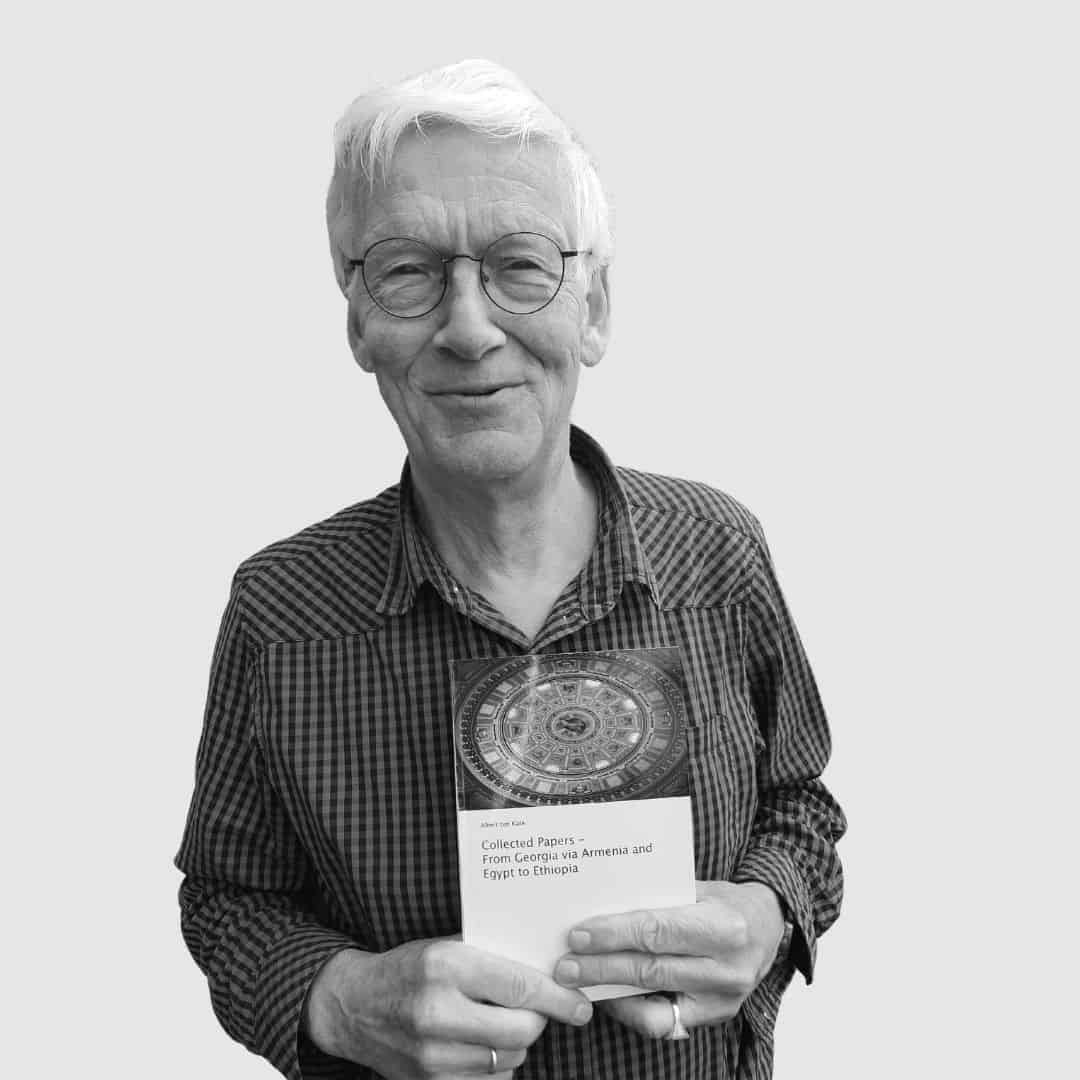


Our Book Publishing Process is Fast and Easy
Submit Your Manuscript
Submit your academic research, and our team will review it for accuracy, originality, and relevance. Get feedback after a few days. No obligations, no frills. Only have a draft? We want to read that too!
Get a Contract Easily
Once we have accepted your manuscript, you will receive your author’s agreement. You can read it here
Create Your Book Project Online
Our easy-to-use publishing platform will guide you through the simple steps to make your book a reality. However, if you get lost, we are here to help you.
Publish Your Book
That’s it! Your book is published and will be available throughout hundreds of retailers worldwide, big and small. By publishing with us, you will make it available to a global audience.
Our Publishing House in Numbers
Your Book, Worldwide!
We are cooperating with worldwide operating distributors Amazon and Lightning Source as well as with local distributors in already 40 countries as of yet. Our well developed distribution network guarantees a continuous and worldwide marketing of your book.
Morebooks - Our Affiliate Shop
The OmniScriptum group has its own affiliate Shop. Through MoreBooks!, our authors and our distributors can benefit from special discounts, offers and shipping options all across the globe. MoreBooks! has no borders, we deliver worldwide!
We have many more distributors worldwide.
Click here to see the complete list of distributors.
Australia
- ALS Library Services Pty Ltd
- Lightning Source Australia
Belarus
- Chebakov.com
- IP Gnedko Nikolay Grigorevich
Bolivia
- Editorial Master Bolivia
- Sr.Libro de Hugo Richard Villanueva Lungasso
- Acchini Libros
- Libreria Medica Galenos
BOSNIA AND HERZEGOVINA
- Books.ba d.o.o.
Brazil
- Livraria Canuto
- De Olho no Livro Distribuidora Ltda
- Distribuidora Ltda
- Octopos Comercio e servicos Ltda me
- Livraria Multi SJ Campos
- SBS – Special book services
- Livraria Pandora
- M.A. Pontes Editora e Distribuidora de Livros Ltda.
- Freebook Comercio de Livros e Revistas Ltda.
- Susanne Bach Comercio de Livros Ltda.
Bulgaria
- Index Ltd
- Level Up
Canada
- Hachette Livre International
Chili
- Miguel Concha S.A.
- Duran San Martin Cia Ltda.
- Juan Eduardo Troncoso Medina
China
- China Educational Publications Import & Export Corporation CEPC
- China Educational Publications Import & Export Corporation HEBF
- ARBERT INT’L BOOK CO., LTD
- Beijing Publications Import & Export Corporation Ltd. BPIEC
- Beijing ZhongKe I/E Company
- China Book Import Center
- China National Publication Import & Export Corporation Shanghai CNPIECS
- China National Publications Import & Export Corporation Guanezhou Branch
- China National Publication Import & Export Corporation CNPIECS
- China National Sci-Tech Information IMP.&EXP.
Corporation - China Publishers Services
Colombia
- Ediciones EuroAmerica S.A.S
- Ediciones Modernas Ltda.
- Ediciones de la U
- El Bibliotecologo
- EUROLIBROS Ltda.
- Promolibro
- Distribooks
- Mundo XXI Ediciones
- INGLOBATEC S.A.S
Croatia
- Robert’s Plus d.o.o.
CZECH REPUBLIC
- SUWECO CZ, spol. s.r.o.
- Bohemian Ventures spol. s.r.o.
- Megabooks CZ spol. s.r.o.
- Intes
ECUADOR
- Importext
- Ediciones Valladolid
- Libros & Libros
EGYPT
- Dar Al Fajr
- The Middle East Readers Information Center
France
- Amazon.fr
- Fnac.fr
- AMALIVRE
- TALION DIFFUSION SERVICES
- LE NOUVEAU PONT
- DawsonFrance
- Librairie Dalloz
- Le Monde en Tique
- SIDE (Société Internationale de Diffusion et d’Edition)
- Kitab-Liaison
- Centre d’Exportation du Livre
- Librairie S.D.D
- Librairie Mollat
- Hachette Distribution
GEORGIA
- Santa Esperanza LTD.
GERMANY
- amazon.de
- Koch, Neff & Volckmar GmbH (KNV)
- Libri GmbH
- G. Umbreit GmbH & Co. KG
HUNGARY
- Book Station
- Ronni Kereskedelmi és Kulturális Szolgáltató Bt.
INDIA
- Researchco Book Centre
- Sarat Book House Pvt. Ltd.
- Shah Book House Pvt. Ltd.
- Universal Book Shop
Indonesia
- Putra Standards Pte. Ltd
- CV Fenross Corporation
Iran
- Vijehnashr Int Books & Journal Services
Italy
- Libreria Cortina Torino
- DAN Europe
- Media Web di Allegra Gaetano
IVORY COAST
- Accolade Diffussion
JORDAN
- Jordan Book Centre
KAZAKHSTAN
- Logobook.kz
Kenya
- Educate Yourself Ltd
Korea
- DAEJUNG TRADING COMPANY
- Dasansogo Ltd.
- Haksul Intelligence Co. Ltd.
- Kyobo Book Centre Ltd.
- Pan Korea Book Corp
- Yeil Books
- YOO REE Information Co.
- Gisik Jungbo Co.
- IBA Korea
LEBANON
- Librairie Antoine S.A.L.
LITHUANIA
- UAB “ir Knygos”
Malaysia
- Innowawasan Sdn. Bhd
- Global Books Frontier Sdn Bhd
- Book Channel Sdn Bhd
Mexico
- Sistemas Biblioinforma
- LSR Libros
- Libros Libros SA de CV
- Book Dealer Co. de México
- Probooks
- Ediciones Nanobooks
- Libros Cinco Continentes S.A. de C.V.
- Libreria Bonilla y Asociados SA De CV
- EDUCARB SA DE CV
Morocco
- Librairie Papeterie Nationale
NETHERLANDS
- INDEX Books
- Academic Book Import
NIGERIA
- Jasper Books
NORTH AFRICA & FRENCH OVERSEAS TERRITORIES
- Hachette Livre International
OMAN
- University Book House
Pakistan
- ALLIED BOOK COMPANY
- Progressive International Agencies Pvt Ltd
- Multi-Line Books
- Iqra Book Agency
Peru
- Libreria Cientifica y Tecnologica Universitaria SAC
Philippines
- MegaTEXTS Phil., Inc.
POLAND
- ABE-IPS Sp.z o.o.
- Afiliant P. Szalamacha i Wspolnicy sp.j. / Albertus.pl
- Press Import Wydawnictv Naukowych sp.j.
Portugal
- Livraria Ferin
- Livraria Bokspot
ROMANIA
- Prems Librexim SRL
- Callisto Comexim srl
- PRIOR MEDIA GROUP
- Romdidac
Russia
- Logosphera / Logobook.ru
- Internet Prodazhi / Setbook.net
- IC Yagello Oleg Yurievich
- Planeta Alians LLC
- Ozon
- ITD Perspektiva
- MK-Periodika
- KONEK
- Bookhunter Ltd
- Eposervis
- Relod
- Infra Inzheneria
- Jupiter-Impex
- Medlennie Knigi
- Permkniga
SAUDI ARABIA
- Al Shegrey for Publishing KSA
- Dar Marabea Al Arab for Publishing & Distributing
Singapore
- UBS Library Services Pte Ltd
- Alkem Company
- Putra Standards Pte. Ltd
Slovakia
- Male Centrum Ltd.
- Slovart G.T.G. GmbH
SOUTH AFRICA
- Vuga Books
SPAIN
- Libreria Bosch
- Los Andes Libros S.L.
- Libreria Central Librera Ferrol S.L.
- Ascra Distribucions, S.L.
- Libreria Agricola de Jerez S.L.
- Binario Libros S.L.
- AXÓN Librería
- Libreria Herrero S.A.
- Llibreria Ali I Truc, S.L.
- Puvill Libros S.A.
- Libreria Medica Murciana
- Libreria Pons SL
- Libreria BioGea
- Libreria Grafos
- Dawson España
- Latina Libros
- Cauce Libros
- La Panoplia Export S.L.
- BuscaLibre España S.L.
SWITZERLAND
- Unique-Publishing
Taiwan
- ARBERT INT’L BOOK CO., LTD.
- China Publishers Services
- GreenPo Books
- Knowledge Book Co.
- Unifacmanu
- Bookone Cultural Books Co.
- Chinmu Village Co., Ltd.
TANZANIA
- MAK Solutions Ltd.
TUNISIA
- Réseau Hachette Livre Diffusion
TURKEY
- Caglayan Kitabevi-Tuncay Caglayan
- Palme Publications and Bookstores
- Asrin Bookstore Distribution and Marketing Limited Company
- AC Bookstore
- TEMPO YAYIN
URUGUAY
- Renart Libros Srl
UNITED ARAB EMIRATES
- University Book House
UNITED KINGDOM
- Amazon
- Bertram Trading Ltd
- Lambrick Enterprises
- Book Depository
- Mallory International Ltd (mainly for African market)
- Archidemia
- CBL Distribution Ltd
UNITED STATES
- Cranbury International LLC
- Complete Book & Media Supply
- Reiter’s Books
VIETNAM
- Cultural Development Import and Export Co. (CDIMEX)
Meet Our Team
Our Specialists and Managers
Our dedicated team will support you throughout the whole publishing process. We are here for you to provide the best possible publishing experience and make it easy.
